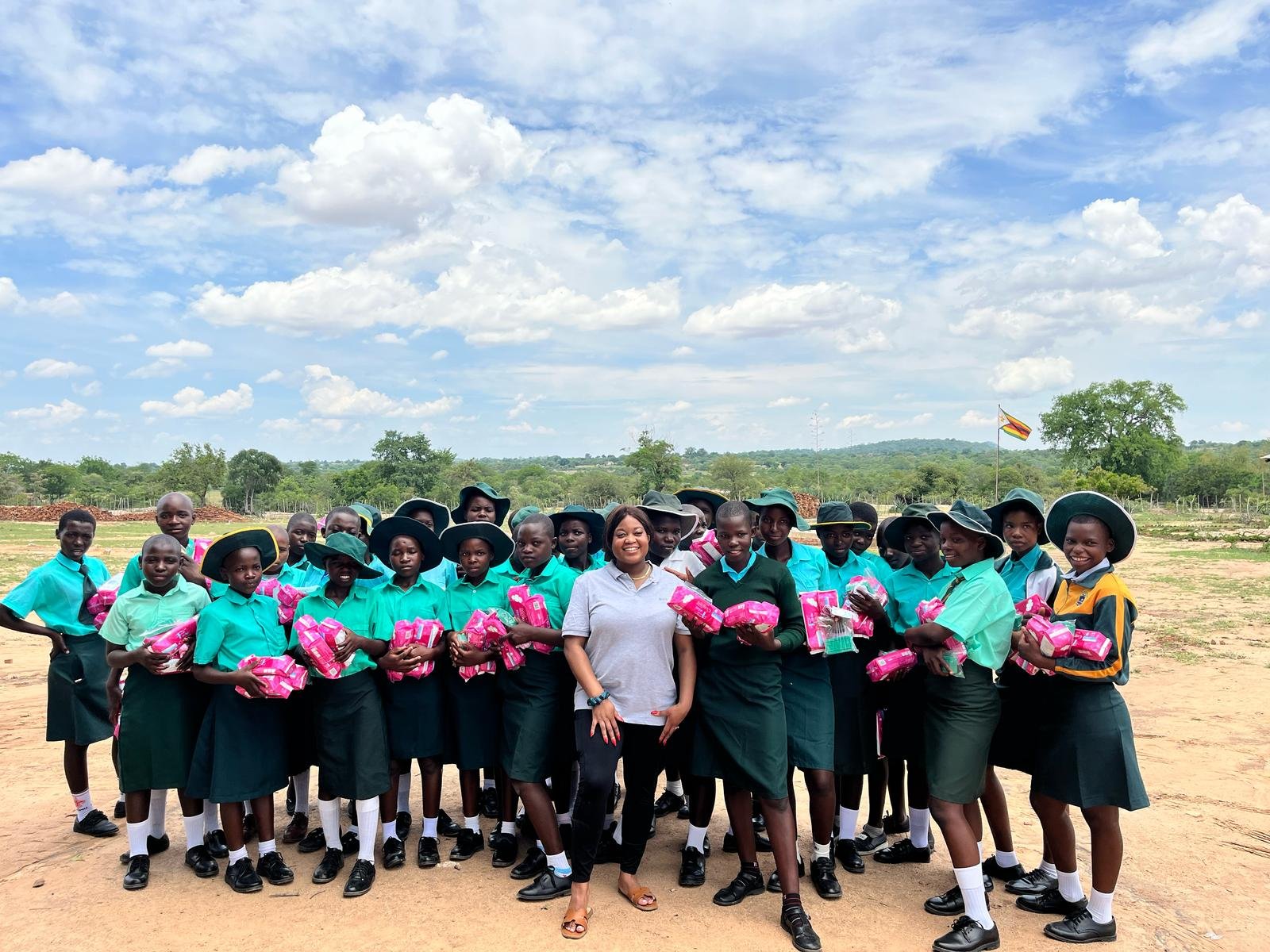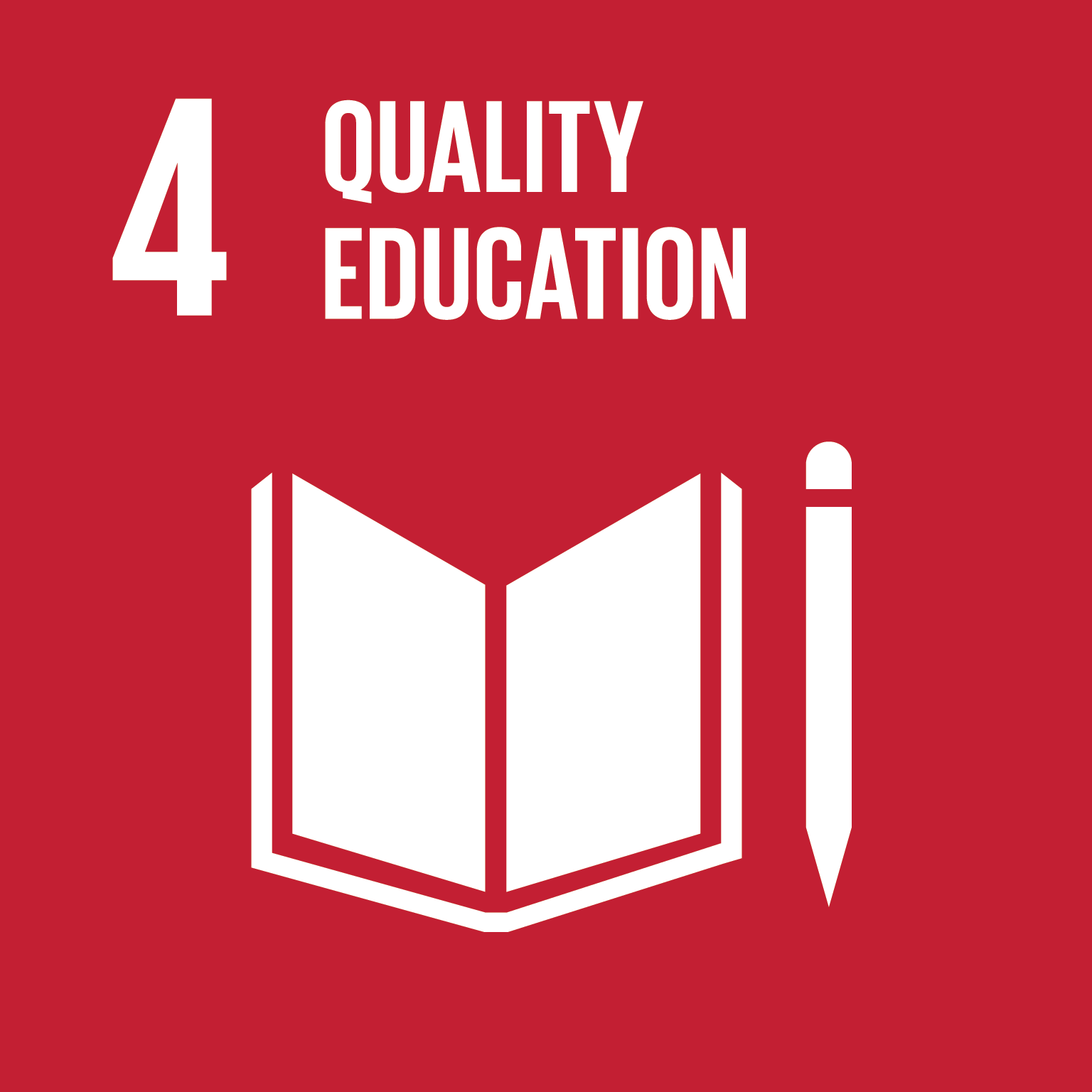
Campaigning for Women & Girls Health, Dignity, and Justice
-
Sign the Petition
End the 7-Year Wait: Demand Routine Menstrual Health Checkups for Women & Girls
-
Donate
Empowering Girls and Boys in Zimbabwe's Rural Areas
-
Share Your Story
Your story is powerful ; share it, and help us drive the change women deserve.
End the 7 Year Wait:
Demand Routine Menstrual Health Checkups for Women & Girls
In the UK, it takes an average of 7.5 years to diagnose conditions like endometriosis , leaving millions of women and girls to suffer without answers, care, or support.
We're demanding better.
The End the 7-Year Wait campaign calls on the government to prioritise menstrual health with three urgent actions:
Routine menstrual health checkups within six months of a girl's first period
Mandatory GP referrals to reproductive health specialists
Government-funded care when NHS wait times are unsafe
Campaign FAQs
-
At 12, my periods began with unbearable pain. I was bent over in agony, vomiting, and missing school. When I asked for help, I was told it was “just part of growing up.”
It took over a decade — after infertility, misdiagnosed mental health struggles, and complete emotional burnout — to finally receive diagnoses for Endometriosis, PMDD, and ADHD.What if someone had listened sooner?
Sadly, I’m not the exception. I’m the rule.
-
In the UK, it takes an average of 7.5 years to diagnose endometriosis.
Menstrual health conditions like PMDD, PCOS, and chronic pelvic pain are often dismissed until they cause irreversible harm — physically, emotionally, and economically.These delays lead to:
Infertility and long-term organ damage
Debilitating mental health struggles
Missed school, work, and life opportunities
Avoidable emergency interventions
Menstrual pain is not a rite of passage.
It’s a public health issue — and we are failing women and girls. -
1 in 10 women in the UK live with endometriosis (NHS, 2023)
1 in 20 suffer from PMDD, with over 70% experiencing suicidal thoughts (IAPMD, 2022)
Over 50% of endometriosis patients saw a GP 10+ times before diagnosis (APPG, 2020)
NHS gynaecology waitlists have grown by over 60% since the pandemic
The cost of delayed menstrual care runs into billions annually (RCOG, 2019)
-
We’re calling for urgent action in three key areas:
1. Routine Menstrual Health Checkups Within 6 Months of First Period
Delivered through schools, GPs, or clinics
Symptom tracking, family history review, and pain assessment
Led by professionals trained in menstrual and hormonal health
2. Immediate GP Referrals to Reproductive Health Specialists
No delay when young people report painful, irregular, or emotionally disruptive cycles
Consistent enforcement of NICE guidelines
3. Free Access to Private Specialists When NHS Waitlists Are Unsafe
Fully government-funded referrals to private care when NHS delays put patients at risk
-
This isn’t just about periods.
It’s about dignity, justice, and the right to live pain-free.It’s about:
Protecting education, careers, and family dreams
Closing the gender health gap
Building a system that hears, believes, and cares for women and girls
-
Imagine a world where:
Girls trust their bodies from the very first period
Period pain is taken seriously, not normalized
Misdiagnoses are replaced with early care and prevention
The Societal Impact:
Higher school attendance and workforce participation
Reduced NHS burden
Stronger mental health outcomes
A healthier, more equitable society
When women and girls are healthy, everyone benefits.
Empowering Girls and Boys in Zimbabwe
Across rural Zimbabwe, too many young people miss school simply because they lack access to basic menstrual health products and education.
Laura’s mission started with one goal: ensure no girl misses out on her future because of her period.
Thanks to your support, we’ve already reached 300+ girls, providing essentials like pads, underwear, and hygiene supplies and raised over £1,500 to fund menstrual health education.
Now, we’re expanding our impact to include boys, promoting dignity, confidence, and health for every child.
Together, we can help an entire generation learn, lead, and thrive with dignity.
Share Your Story
We’re building a movement fueled by lived experiences.
By sharing your story, you help shine a light on what too often stays hidden — and create momentum for better care, better policies, and a better future for women and girls everywhere.
Your story could inspire campaigns, influence policymakers, and remind others they’re not alone.
Impact Snapshot

My Work in Support of Global Goals
Laura’s advocacy is part of a global movement toward health, education, and equality. Her work directly supports the United Nations Sustainable Development Goals (SDGs): Good Health and Well-Being, Quality Education, Gender Equality, and Reduced Inequalities. Menstrual health is human rights work.






